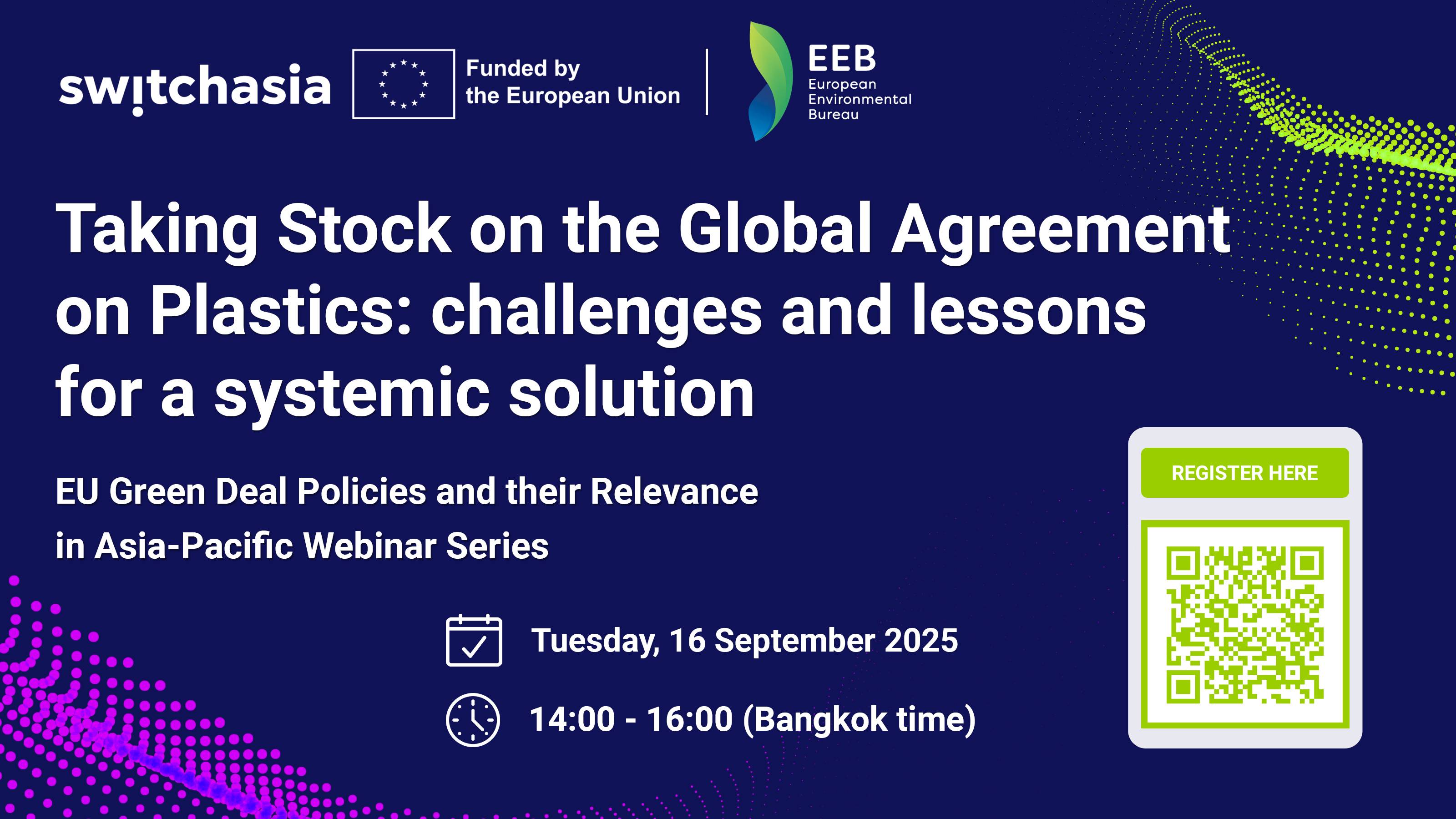
WHEN: 16 September 2025 I TIME: 14:00 - 16:00 (Bangkok Time) I Watch the recording HERE
Background:
About 460 million tons of plastic are produced annually, over 9 billion tons of plastic since 1950, but less than 15%, even closer to 10%, has ever been recycled or incinerated, leaving most of the plastic in landfills, rivers, shorelines and oceans, causing serious environmental problems for fauna and flora, as well as health problems with the microplastics that humans progressively ingest. The global community has agreed to work on the elaboration of a Global Plastics Treaty, a legally binding international agreement to end plastic pollution. Since March 2022, when a resolution was adopted at the United Nations Environment Assembly, there have been various Intergovernmental Negotiating Committee meetings, with the latest negotiation round (INC-5.2) on 5–14 August 2025 in Geneva, Switzerland. Originally planned to take 2 years, the INC is already in its third year, due to the complexity of such consultations for MEA agreed by consensus. The treaty was expected to take a comprehensive, full life-cycle approach, addressing plastic from design and production to disposal and waste management.
The global understanding of the problem has expanded since the UNEA resolution and in the process of the INC meetings, sharpening the focus on the meaning of the life cycle of plastic, as well as plastic’s footprint, from production to disposal, on human health and the environment. However, the balance between upstream measures related to production and downstream measures related to use remains highly debated. There remains a major split between more than 120 countries, led by the High Ambition Coalition, including the EU, and the Like-Minded Group, led by oil-producing states, split between a treaty that focuses on reducing plastic production, and phasing out of toxic chemicals used in plastics, and a treaty that focuses on waste management and recycling.
However, considering that a majority of countries are aligned on key elements related to SCP and circularity of plastics, actions should not stop because no treaty was agreed upon. It will be important to further advocate and deliver relevant actions at national and regional levels, strengthening collective actions, together with members of the Business Coalition. Voluntary actions are important and should be encouraged, but since this is a global problem, beyond borders, it needs a globally harmonized legislation across the full lifecycle of plastics.
Webinar Session:
The EU SWITCH-Asia Policy Support Component and the European Environment Bureau, are convening the webinar, Taking Stock on the Global Agreement on Plastics: challenges and lessons for a systemic solution, to update Asian and Pacific officials and experts, from public and private about the outcomes of INC negotiations, which failed to produce a Treaty, and discuss pathways and means to further advocate and deliver relevant actions at national and regional levels, strengthening collective actions across the full lifecycle of plastics.
Moderators:
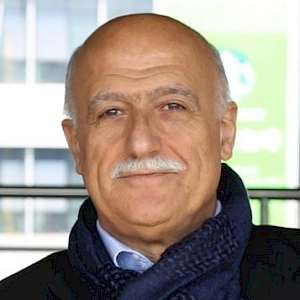 Arab Hoballah, SCP Senior Expert, SWITCH-Asia Policy Support Component and Executive Director, SEED
Arab Hoballah, SCP Senior Expert, SWITCH-Asia Policy Support Component and Executive Director, SEED
Arab Hoballah serves, since August 2021, as Executive Director, SEED-Entrepreneurship for Sustainable Development, aimed at providing tailored support to eco-inclusive MSMEs with adequate policy frameworks, as key contribution to the transition to green and circular economy, through resource efficiency and SCP. He is also currently a SCP Senior Expert for the Pacific at the EU SWITCH-Asia Policy Support Component. From 2005 to 2016, Arab was Chief of Sustainable Consumption and Production/SCP in UNEP, where he looked for mainstreaming Resource Efficiency and SCP policies at local, national, regional and global levels, through various sectors, various tools and methodologies and relevant partnerships in close cooperation with governments, business and industry, civil society. A major outcome of this work is the 10YFP, the 10 Year Framework of Programmes on SCP, adopted at Rio+20.
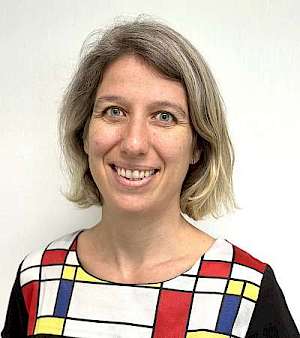 Elodie MARIA-SUBE, Expert on EU policy development and partnership building at the SWITCH-Asia Policy Support Component
Elodie MARIA-SUBE, Expert on EU policy development and partnership building at the SWITCH-Asia Policy Support Component
Elodie is specialized in European Affairs related to topics of circular economy, SCP, climate change and environmental management, and has extensive experience in stakeholder consultation and engagement at the EU level, as well as with high-level officials in Ministries of Environment and Finance in Asia. For over a decade, Elodie has worked in South and South-East Asia on environment and climate change. She is currently leading the SWITCH-Asia Technical Advisory project on Sustainable/ Green Public Procurement for Transformation.
Speakers

Zinaida FADEEVA, Team Leader, SWITCH-Asia Policy Support Component
Zinaida Fadeeva is the Team Leader of the Policy Support Component of the SWITCH-Asia Programme. Zinaida has over 25 years leading international professional experience in policy for and practice of sustainable consumption and production (SCP) and Education for Sustainable Development, amongst others working with the United Nations University Institute for the Advanced Studies of Sustainability (UNU-IAS). Her work has focused on diverse topics such as tourism, plastics, construction, small and medium enterprises, procurement and lifestyle. Zinaida has worked extensively with governments, private sector, international organisations and academia in East, South East, South and Central Asia.
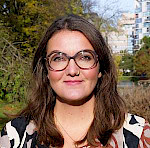 Patrizia HEIDEGGER, Deputy Secretary General of the European Environmental Bureau
Patrizia HEIDEGGER, Deputy Secretary General of the European Environmental Bureau
Patrizia is the EEB’s Deputy Secretary General and Director for European Governance, Sustainability and Global Policies. She leads the EEB’s work on sustainable development and environmental justice and follows intergovernmental processes at regional and global level including the UN Environment Assembly. For UN Environment, she serves as an elected Regional Facilitator for Europe for stakeholder engagement.
 Feng WANG, Programme Officer, Coordinator of UNEP Plastics Initiative
Feng WANG, Programme Officer, Coordinator of UNEP Plastics Initiative
Dr. Feng Wang is a Programme Officer at the United Nations Environment Programme (UNEP), where he has been advancing global efforts in sustainable consumption and production, circular economy, life cycle assessment, and waste management. He currently serves as the Coordinator of the UNEP Plastics Initiative, a flagship, organization-wide program dedicated to tackling plastic pollution by fostering systemic change and accelerating the transition to a circular economy for plastics. Under his coordination, the initiative emphasizes upstream innovation—such as reduction and reuse—and supports active projects in over 60 countries across diverse regions, sectors, and stakeholder groups. He is also the technical lead for several plastic-related programs and projects, such as the GEF Plastic Reboot Integrated Program, and Global Action Partnership for EPR.
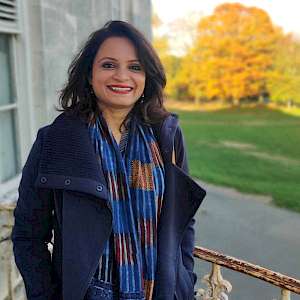 Pinky CHANDRAN, Break Free From Plastic (BFFP) Coordinator for the Asia Pacific region
Pinky CHANDRAN, Break Free From Plastic (BFFP) Coordinator for the Asia Pacific region
Pinky Chandran is the Asia Pacific Regional Coordinator at Break Free From Plastic (BFFP), a global movement envisioning a future free from plastic pollution. As an independent researcher and freelance journalist, she tracks policy and legal developments on waste and its intersections. She's also the founding member of the Solid Waste Management Roundtable (SWMRT) and a Trustee at Hasiru Dala, a social impact organisation working with waste pickers in India. Garbage inspires her to write poetry.
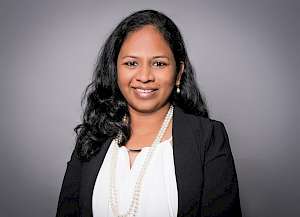 Randika JAYASINGHE, Plastic and Waste Specialist, Centre for Sustainable Development Reform, University of New South Wales
Randika JAYASINGHE, Plastic and Waste Specialist, Centre for Sustainable Development Reform, University of New South Wales
Dr. Randika Jayasinghe is the Plastics and Waste Specialist at the Centre for Sustainable Development Reform at University of New South Wales, Australia. She holds a Ph.D. in Environmental Engineering from the University of Western Australia. With over 13 years of expertise in Plastics Waste Management, Circular Economy, and Environmental Engineering, she previously served as a Senior Lecturer at the University of Sri Jayewardenepura, Sri Lanka. She was the technical expert of the Sri Lanka national delegation to the UN Global Plastics Treaty negotiation meeting held in Busan, Republic of Korea last year. Dr. Jayasinghe has led numerous initiatives in sustainable waste management and continues to provide technical expertise for national and international projects focusing on plastic waste reduction and recycling solutions.
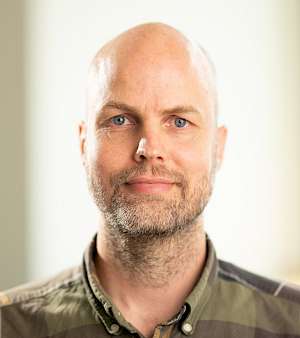 Tobias DAN NIELSEN, Expert, European Environment Agency
Tobias DAN NIELSEN, Expert, European Environment Agency
Tobias Nielsen is a Circular Economy Expert at the European Environment Agency, specialising in the environmental and climate benefits of circular economy, the circular bioeconomy, and plastics. He represents the European Commission in the Intergovernmental Negotiation Committee on plastic pollution, focusing on reporting and monitoring. Tobias previously worked in consultancy and research and holds a PhD from Lund University.
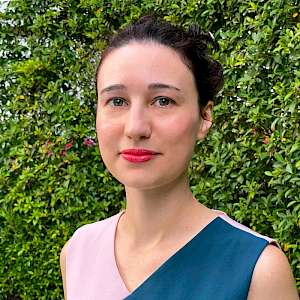 Liviana ZORZI, Specialist, National Plastic Action Partnership, World Economic Forum
Liviana ZORZI, Specialist, National Plastic Action Partnership, World Economic Forum
As the Asia Regional Specialist, Liviana Zorzi has been leading the work of the World Economic Forum’s Global Plastic Action Partnership in the region since 2022. She supports the establishment and coordination of national and local partnerships to drive plastic action and impact, in close cooperation with Governments and private sector stakeholders. She oversees regional collaboration and knowledge exchange across different stakeholders and organizations addressing plastic pollution. Liviana, previously, has worked for about a decade in Asia at the United Nations: as a Communication Specialist at WHO in Uzbekistan she supported projects on health and climate change, and at UNDP Bangkok Regional Hub, she led projects on anti-corruption, judicial integrity and gender in the governance team.
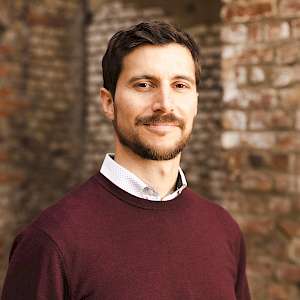 Tilman FLOEHR, CTO & Co-Founder, everwave
Tilman FLOEHR, CTO & Co-Founder, everwave
Tilman Floehr is an environmental scientist with focus on pollutants in water bodies and their socio-ecological impacts on humans and nature. He holds a PhD from RWTH Aachen University, Germany and published his dissertation on a holistic assessment of the pollution of the Yangtze River in China. He is Co-Founder and Chief Technology Officer (CTO) of the social enterprise everwave, which is dedicated to support the circular economy and preserve water bodies as precious habitats, food sources and economic regions. Everwave has received several awards for its holistic approach, which combines: Artificial intelligence methods to detect waste in the environment, cleanups through innovative technologies, development of local recycling infrastructures, collection of data along the waste stream and environmental education as preventive measure.
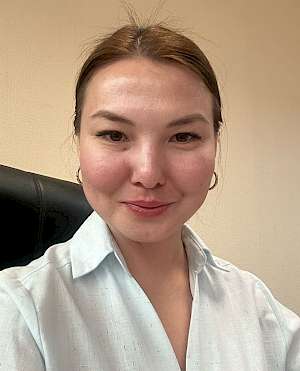 Dinara AZHIGALIYEVA, Deputy Head, Project Office for Central Asia on Climate Change and Green Energy, Central Asia Climate Fund
Dinara AZHIGALIYEVA, Deputy Head, Project Office for Central Asia on Climate Change and Green Energy, Central Asia Climate Fund
Dinara has over 16 years of experience in waste management, circular economy, and climate policy. She has led Kazakhstan’s waste system modernization through EPR, circular economy integration, and public-private partnerships. Currently, she heads regional work on climate and waste, including the Global Methane Pledge Secretariat and the 2026 Regional Climate Summit. She also represents Kazakhstan in international negotiations on plastics, chemicals, and waste agreements. Dinara holds a Bachelor’s in Environmental Protection from the Atyrau Institute of Oil and Gas and a Master’s in Environmental Policy from the University of Pennsylvania.
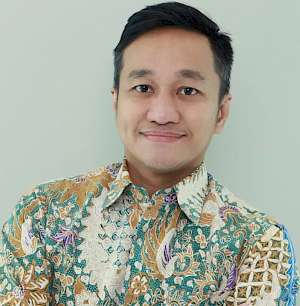 Rocky PAIRUNAN, Ocean and Plastic Waste Manager at the World Resources Institute WRI Indonesia; Lead of the Secretariat of the Indonesia National Plastic Action Partnership NPAP Indonesia
Rocky PAIRUNAN, Ocean and Plastic Waste Manager at the World Resources Institute WRI Indonesia; Lead of the Secretariat of the Indonesia National Plastic Action Partnership NPAP Indonesia
Rocky Pairunan is the Ocean and Plastic Waste Manager at the World Resources Institute WRI Indonesia, as well as the Lead of the Secretariat of the Indonesia National Plastic Action Partnership NPAP Indonesia. He was Senior Advisor for German Development Corporation (GIZ Indonesia) for the marine plastic litter projects of the EU-German project on Rethinking Plastics (2019-2022), and subsequently with the ASEAN-German project on 3RproMar (2022-2023). Prior to working in the plastic waste and marine litter issue, he managed the portfolio of Climate Change, Chemical and Waste, and Sustainable Cities at the ASEAN Secretariat.
Agenda
|
16 September 2025 |
|
|
14:00 |
Opening and welcome addresses
|
|
14:10 |
Keynote address
|
|
14:25 |
Panel Discussion 1: Reflections from the recent negotiations Moderated by Arab HOBALLAH, Senior SCP expert
|
|
15:10 |
Panel Discussion 2: Practical strategies for implementation and strategies of countries, regions Moderated by Elodie MARIA-SUBE, SWITCH-Asia PSC expert
|
|
15:40 |
Q&A |
|
16:00 |
Concluding Remarks and Next Steps Zinaida FADEEVA, Team Leader, SWITCH-Asia |


